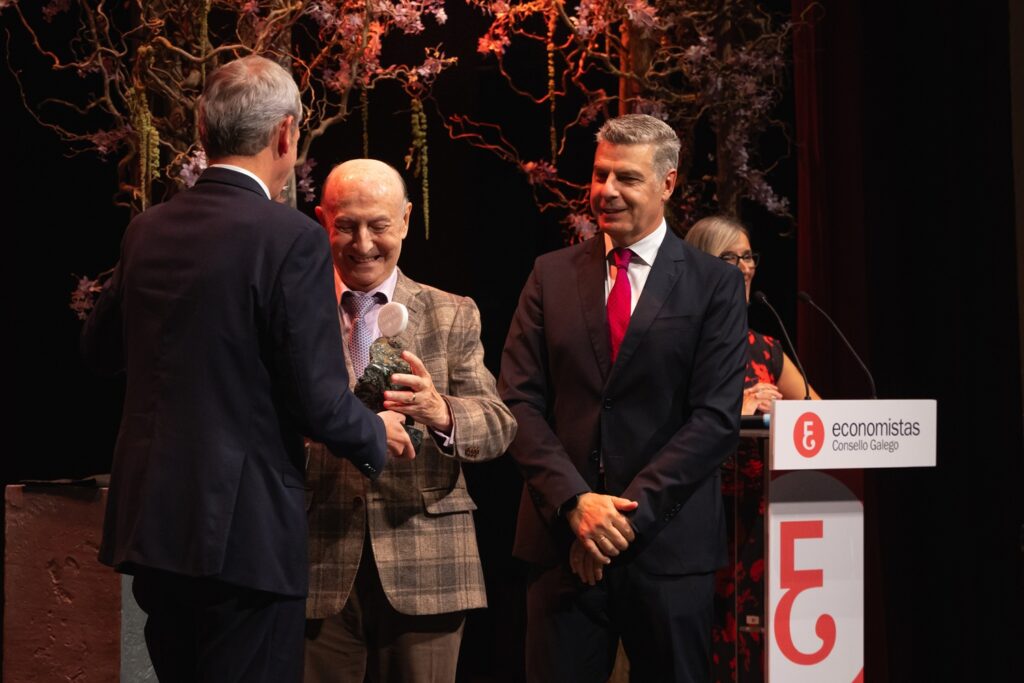The Coren Group continues its growth path of recent years, despite the complexity of the agri-food sector’s production environment since the pandemic, marked by global geopolitical tensions, which have caused a sharp increase in costs with a significant impact on the sector. In any case, the cooperative closed the first half of the year with 8.5% growth, bringing its turnover from January to June to €623 million (compared to €573 million for the same period last year). The forecast for this year is to close above €1.45 billion for the Group as a whole (including Frigolouro, which presents its accounts independently).

Coren’s consolidated structure, its focus on market needs, and productive diversification are key to addressing a complex context marked by the high costs of raw materials for animal feed. The price of grain began to rise during the COVID-19 pandemic and skyrocketed with the outbreak of the war in Ukraine and the ongoing outbreaks in the Middle East. Although it has moderated recently, it is still 40% higher than five years ago and continues to fluctuate due to global geopolitical instability. These increases have had a significant impact on the agri-food sector, as feed accounts for more than two-thirds of the production costs in poultry and pork farming. Added to this are the rising prices of electricity, fuel, and other supplies.
While production costs continue to rise, the impact on consumers has been minimal. Agri-food products remain at low prices, not only in a context of continually rising costs but also increasingly strict European Union measures regarding production, quality, and health. At the same time, lower-priced products from non-EU countries such as Brazil and China are being allowed into the market, lacking the consumer protection standards that European products offer.
Furthermore, European Union policies are becoming increasingly restrictive and continue to cut support for basic production sectors such as the agri-food sector. Society must be aware of the importance of food producers receiving fair prices for their products, allowing them to operate viably and complying with all safeguards. This is vital to maintaining a strong and well-developed agri-food sector in Spain and Europe, one that guarantees food production for European citizens without depending on third countries.
A benchmark in free-range production and chestnut-fed pork
Regarding its production, Coren remains a market leader in poultry, pork, and beef, highlighting its differentiated production of free-range chickens raised on the range and fed on corn, and its chestnut-fed pork, which is fully established in the market. It is also a leading producer of free-range eggs (Coren produces exclusively eggs from free-range hens) and organic products.
In terms of employment, the Group has reached 3,300 workers, in addition to transporters and contracted employees who work directly for the cooperative.
Boosting renewable energy and foreign markets
In terms of investments, Coren strengthens its commitment to sustainable production. Thus, it continues to promote large-scale projects such as the expansion of its Renewable Energy Plant for the treatment of livestock biomass and the Biomethanization Plant for biogas generation—a pioneer in the sector in Spain—which recently incorporated an innovative facility for biomethane generation.
Regarding its international activity, Coren focused on consolidating its presence in key markets and opening new ones. Sales abroad represent 35% of Coren’s meat turnover (excluding animal feed) and now reach 60 countries. The cooperative’s international expansion plan focuses on European markets (primarily the United Kingdom and France) and Asian markets (China, Japan, and South Korea).
New projects for continued growth
Looking ahead to the coming years, the cooperative plans to continue its growth. To this end, it is working on the ongoing modernization of its processing centers to optimize efficiency and production processes, while also developing new energy projects. At a commercial level, it focuses on its differentiated value ranges, increasing its market share and developing new products adapted to the needs of today’s consumers. Along these lines, and to reach out to a younger audience, it has just launched its third food truck to strengthen its presence at festivals and events.
















